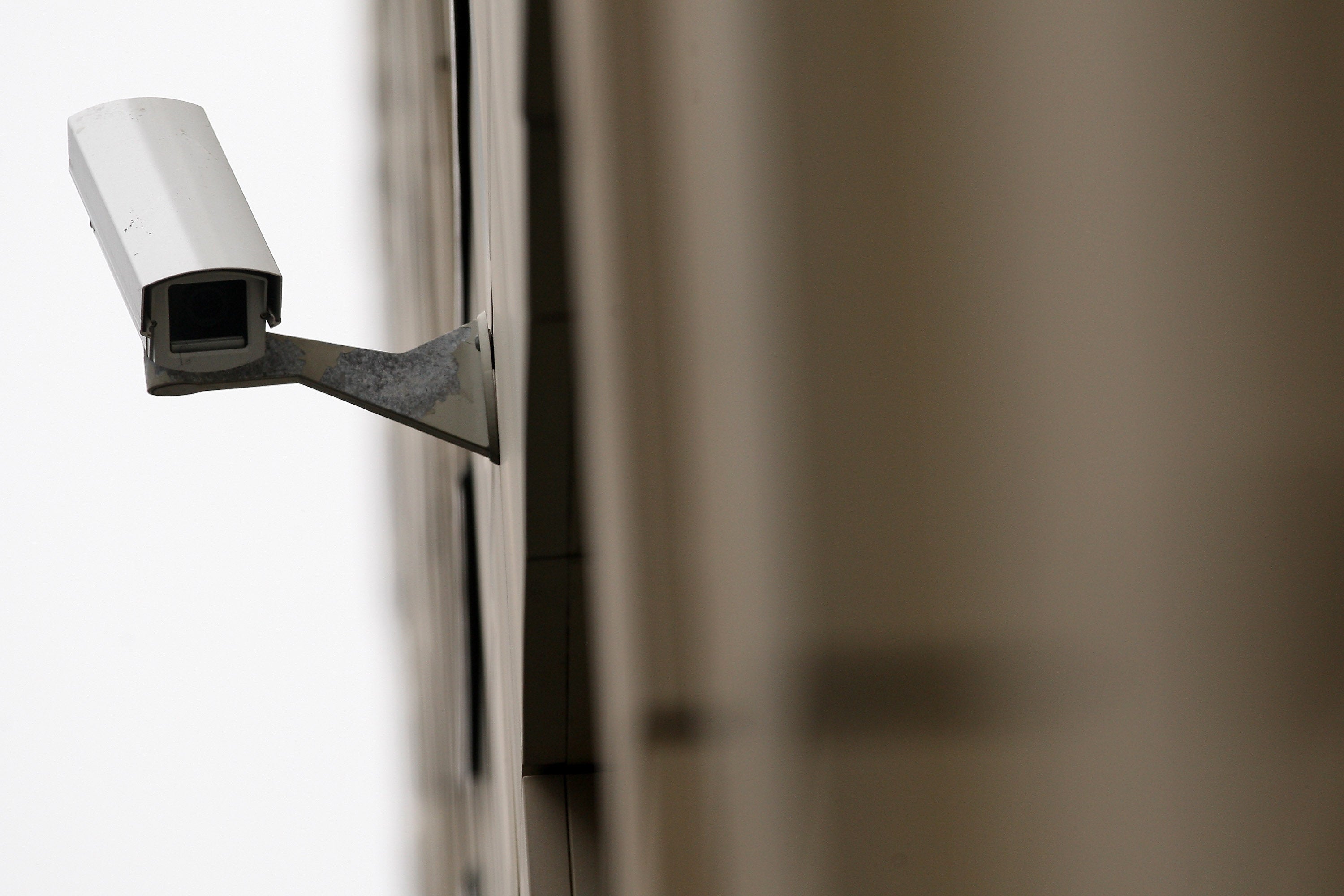Nude photos of strangers are a 'fringe benefit' for NSA employees, says Snowden
The former NSA contractor said that images of people in "sexually compromising situations" were regularly passed around by young employees

Your support helps us to tell the story
From reproductive rights to climate change to Big Tech, The Independent is on the ground when the story is developing. Whether it's investigating the financials of Elon Musk's pro-Trump PAC or producing our latest documentary, 'The A Word', which shines a light on the American women fighting for reproductive rights, we know how important it is to parse out the facts from the messaging.
At such a critical moment in US history, we need reporters on the ground. Your donation allows us to keep sending journalists to speak to both sides of the story.
The Independent is trusted by Americans across the entire political spectrum. And unlike many other quality news outlets, we choose not to lock Americans out of our reporting and analysis with paywalls. We believe quality journalism should be available to everyone, paid for by those who can afford it.
Your support makes all the difference.Nude photos intercepted by the National Security Agency (NSA) are regularly passed around by young employees as a “fringe benefit”, Edward Snowden has revealed.
The whistle-blower and former NSA employee was speaking from Moscow in an interview with The Guardian in which he also dismissed claims that he was a Russian agent and called for professionals such as doctors, lawyers and journalists to take more care to safeguard their clients’ information.
Snowden made the allegations when responding to a question about which specific examples of American surveillance had troubled him.
“You've got young enlisted guys, 18 to 22 years old,” said Snowden. “They’ve suddenly been thrust into a position of extraordinary responsibility where they now have access to all of your private records. Now, in the course of their daily work they stumble across something that is completely unrelated to their work in any sort of necessary sense, for example, an intimate nude photo of someone in a sexually compromising situation - But they're extremely attractive.
“So what do they do? They turn around in their chair and show their co-worker and their co-worker says: ‘Oh hey, that's great. Send that to Bill down the way.’ And then Bill sends it to George, George sends it to Tom and sooner or later this person's whole life has been seen by other people. It's never reported. Nobody knows about it because the auditing of these systems is incredibly weak.
“The fact that your private images, records of your private lives, records of your intimate moments have been taken from your private communications stream from the intended recipient and given to the government without any specific authorization without any specific need is itself a violation of your rights. Why is that in a government database?”
Snowden added that he had personally witnessed numerous instances of this happening and that it was “routine enough, depending on the company that you keep.”
“These are seen as the fringe benefits of surveillance positions."
Snowden’s claims chime with official reports from NSA administration in which employees have abused their access to surveillance streams for personal gratification. A letter published in late 2013 by the NSA Office of the Inspector General (OIG) detailed 12 comparable instances, including one in which an NSA employee used his first day at work to read the private communications of a former girlfriend.
Analysts working for the NSA refer to this behaviour as LOVEINT – a play on existing surveillance parlance such as HUMINT (‘human intelligence’) and SIGINT (‘signals intelligence’).
In the 17-minute interview, Snowden also denied passing any information to the Russians, noting that if he'd done so it would have been picked up on immediately by American intelligence services. “They would see sources go dark that were previously productive, they would see new sources of disinformation appearing within these channels – and that hasn’t happened.”
He also said he would be happy to return to America if he could be granted a fair trial in which he was able to “present a public interest defence to a jury of my peers". He also recognised that this was unlikely to happen, adding: “If I end up in chains in Guantanamo I can live with that.”
Join our commenting forum
Join thought-provoking conversations, follow other Independent readers and see their replies
Comments